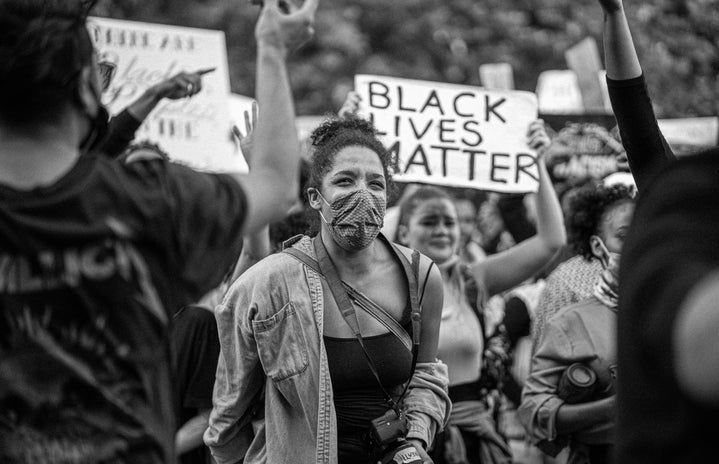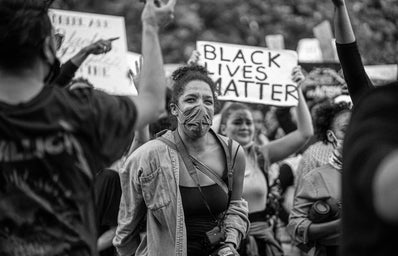February is Black History Month! This means the month is dedicated to publicly acknowledging and uplifting black accomplishments and contributions throughout history. Originally called “Black History Week,” this tradition of celebration was started in 1926 by historian Carter G. Woodson. Later, in 1976, the holiday was expanded to last the whole month. While some criticize Black History Month for being the shortest month of the year, the dates were actually picked because of two monumental birthdays: president and abolitionist Abraham Lincoln (February 12th) and abolitionist and writer Frederick Douglass (February 14th).
To learn more about the history of Black History Month and to see national statistics, check out the U.S. Census Brueau.
Even knowing what the holiday is, we need to think about how to celebrate it, especially for non-black people. That’s where allyship comes into play.
A good place to start is with education. What is allyship? What is good allyship? What are some ways to incorporate allyship into your life? Educating yourself on issues within the black community while not speaking over actual members of the black community is a step in the right direction. The National Institutes of Health has a short article to get you started on learning about what allyship actually is. For a quick summary, allyship is the act of supporting while not overtaking the voices and actions of those within a minority community. Part of allyship is also using your privileges to boost others. For specific resources, including some great documentaries and books, check out Tulane University Libraries.
Once you dip your toes into education, it’s time to take action. A study conducted by an advocacy group called Lean In found that women of color in the workplace felt that they didn’t have much support from their white counterparts. While this study focused on women specifically, it doesn’t change the fact that there’s more white people can do to be advocates within their workplace (and outside of it, too). So while education is a good step, what are some specific actions?
Here are quarantine-conducive ways of being an ally:
- Amplify black voices (through social media)
- Support black-owned businesses
- Send letters to public and legal officials
- Educate yourself even more
- Sign petitions
- Donate (financial or physical resources)
- Offer your professional expertise to allyship organizations
- Look into international allyship organizations like the UNHR and Global Citizen
Black History Month may only be less than 30 days of the year, but the discrimination the black community faces happen all 365 days. While it’s great to celebrate black accomplishments and contributions, remember that allyship doesn’t end when the month is over.


